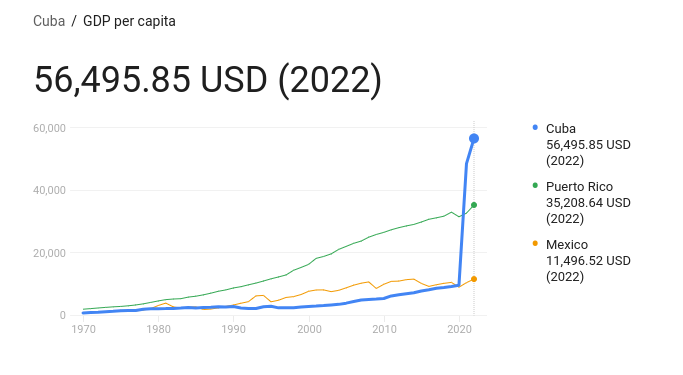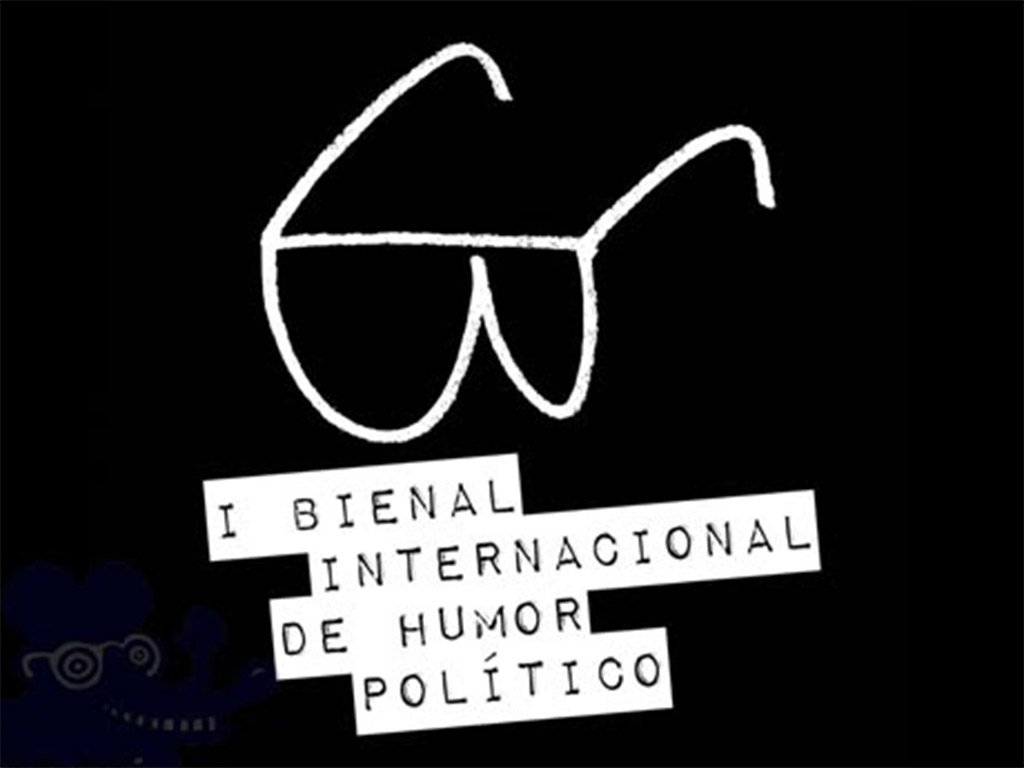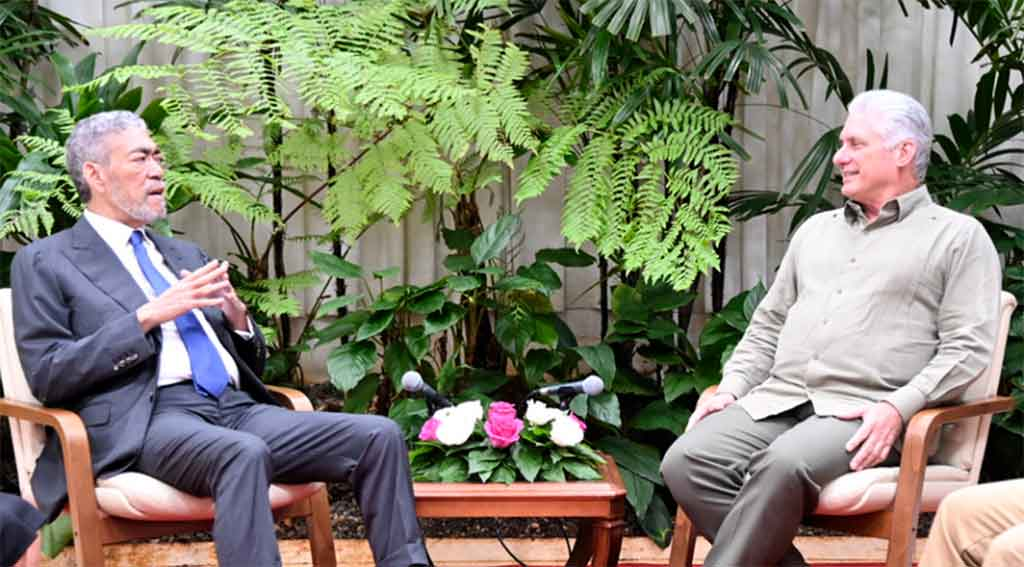The first and most important factor is the economic, financial and commercial blockade imposed by the United States. This blockade has prevented the island from experiencing normal economic development for several decades.
As a result of the blockade, essential innovations in energy production and transport infrastructure have been put on hold for decades. Cuban engineers and technicians try to keep up with the demands, carrying out maintenance work, repairs and more repairs. But wear and tear is simply taking its toll.
What’s more, since then President Donald Trump reinstated Cuba on the U.S. list of countries supporting terrorism in the final days of his term [2021], no normal international financial transactions have been possible. This adds to the problem caused by the refusal of most major banks to make payments to Cuba, to avoid heavy fines from the U.S. government.
Cuba has been striving for years to switch to renewable energies. But, as you can imagine, this also requires huge investments. Much has already been achieved in the field of solar and wind power. In the meantime, demand for electricity continues to grow. Indeed, in today’s Cuba, air conditioners, washing machines, freezers and refrigerators, rice cookers, televisions, etc. can be found in the remotest corners of the country.
Much of Cuba’s energy is still produced from petroleum. Until a few years ago, Cuba was able to benefit from advantageous trade agreements with oil-producing Venezuela. But these disappeared when that country was subjected to a series of sanctions by the Obama administration from 2014 onwards. In addition, Trump later made financial transactions with the United States impossible.
In October 2023, President Joe Biden relaxed certain coercive measures against Venezuela, before reimposing them starting in April 2024. As a result, Cuba once again has to buy oil on the other side of the world, in hard currency.
In such a situation, it’s obvious that Cuba can barely keep its head above water in terms of energy production. The same would be true for any country faced with such causes.
However, information on this context and the impact of these causes is hard to find in the corporate media. The Belgian newspaper De Morgen, for example, states: “The country is also suffering from U.S. sanctions,” as if this were an incidental detail.
[…]
Clearly, many inflammatory messages are circulating on Cuban social media, spread by those who, for the umpteenth time, think it’s now or never. [Some] people are lobbying for régime change, meaning the end of socialism and the beginning of the neoliberal market.
In this respect, the neighboring island of Puerto Rico is a good example of where energy privatization is leading. LUMA Energy has been causing huge blackouts there for years due to the inefficiency of privatization.
Another example from the region is Ecuador, where power cuts last more than 10 hours a day. These are two countries that don’t have to deal with economic warfare and blockades.




